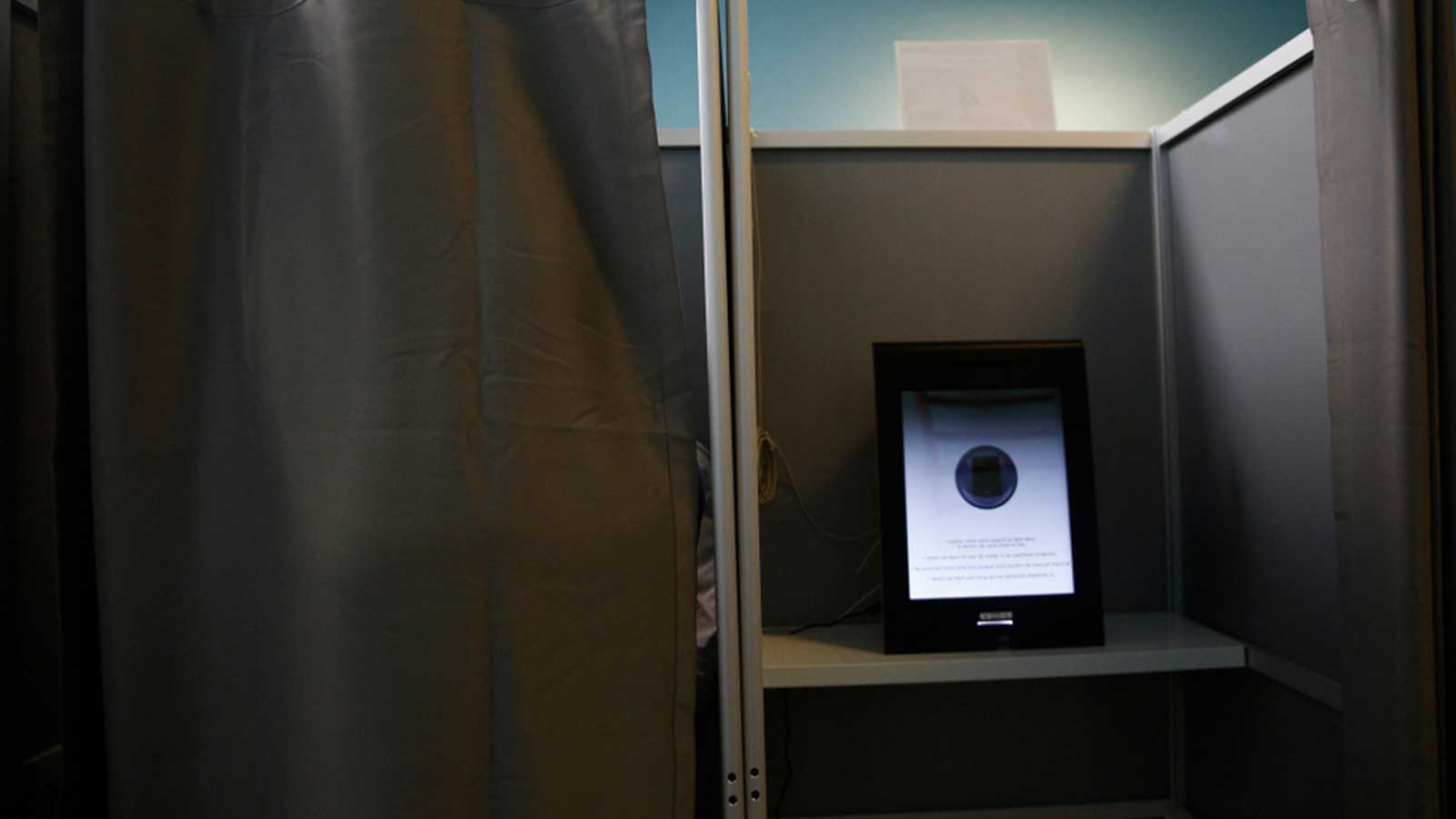Large-scale errors by voting machines to determine which elections voters were eligible to participate in may have impacted the final distribution of seats in Belgium’s regional, federal, and European elections, a new report has confirmed.
In official remarks stated by the Board of Experts that monitors the digital voting method in Belgian elections, the authors expressed grave concern about the multiple failures identified in many areas of the country, which allowed voters to participate in all elections held on the same day, even if they were ineligible to do so.
The elections held on June 9 saw Belgians vote up to three times to elect regional lawmakers, federal MPs to Brussels, and MEPs to the European Parliament. Minors and EU citizens were only eligible to vote in the European Parliament elections; however, discrepancies in the voting arithmetic suggest ineligible votes were counted for all elections.
“The Board must find that it cannot be ruled out that the problem has had an impact on the final distribution of seats in one or more elections,” the experts wrote in their report.
They explained that “no errors” were found in “only a minority of agencies” and, after conducting random samples of voting practices in regions across Belgium, found that nearly 5,000 votes were questionable.
At least 2,171 voters in five random cantons in Flanders were suspect, while 1,700 have so far been flagged in Brussels.
“That is the equivalent of 0.3 percent of the votes cast in Brussels. That doesn’t seem like much, but it could have been decisive for the result,” reported De Morgen.
Leading Belgian politicians are now calling for the abolition of digital voting and a return to pen and paper.
“Computer voting may have falsified the elections, it now appears. Everything has to be put on paper again,” tweeted Tom Vandendriessche, the lead MEP in the Flemish nationalist Vlaams Belang party, when the allegations of computer failures first arose.
Following the publication of the expert report, Vandendriessche said it had now been proven that the “elections were rigged” and called for new elections.
“The main argument against this is ‘practical objections,’ organizing elections again actually takes too much effort! This says everything about the state of our democracy. It is a fundamental contempt for citizens and a power that they alone exercise,” he wrote on X.
Several minor parties have also voiced their concerns, including Voor U leader Els Ampe, whose liberal party narrowly missed out on the electoral threshold to win seats in the Brussels Parliament.
After filing a complaint and calling for the vote to be declared invalid, the party received a response from the adjudicating committee which read: “Your party did not reach the electoral threshold. Therefore, according to the regulations, you are not eligible to file a complaint.”






